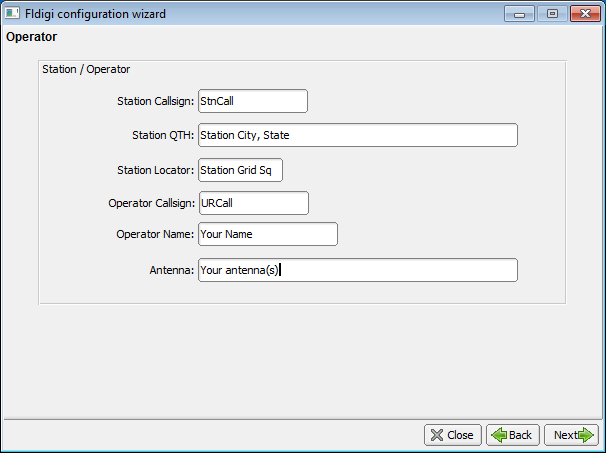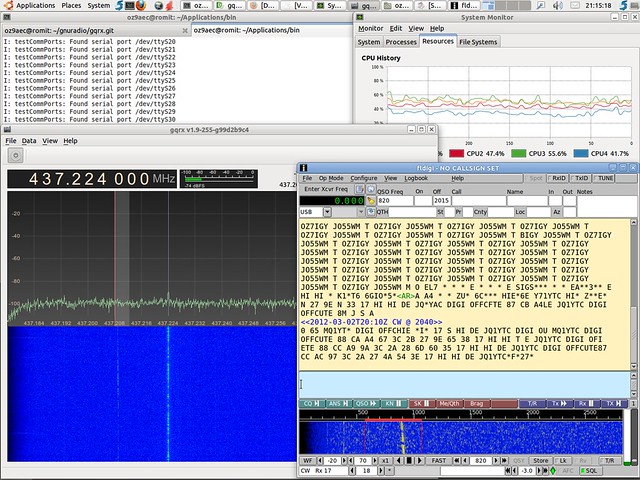
This implies sending data tens, hundreds, and even thousands of kilometers.įortunately, the amateur radio community has been doing this for decades ( ARRL), and has created tools such as Winlink that provide e-mail service over radio links.
Using fldigi Offline#
Ideally an offline user should be able to open Lightning channels with peers in any location, including other countries and continents, as if they were connected to the internet.


Long-lived mesh networks such as Freifunk and Guifi typically only span a single city. Sending data various distances while offline is more complex. With the lnproxy project, Lightning channels can be opened and used in a mostly-offline mesh network, expanding the possibilities for offline-only Bitcoin users. GoTenna Mesh devices make it straightforward to form local mesh networks where connections between devices can reach multiple kilometers, even in cities. It may be slower to send data halfway around the globe compared to within a city, but in both cases should use the same equipment and infrastructure.

Even Bitcoin users with ubiquitous low-cost internet connectivity are at risk of censorship and surveillance from centralized ISPs and mobile carriers and could benefit from offline alternatives.Ī key requirement for making offline-only Bitcoin use cases viable is to replace the need for centralized last-mile access to the internet with a system capable of sending data, independent of the physical distance it needs to travel. People in parts of the world with expensive, intermittent or low-bandwidth connectivity to the internet need alternative offline ways to use the Bitcoin network.


 0 kommentar(er)
0 kommentar(er)
